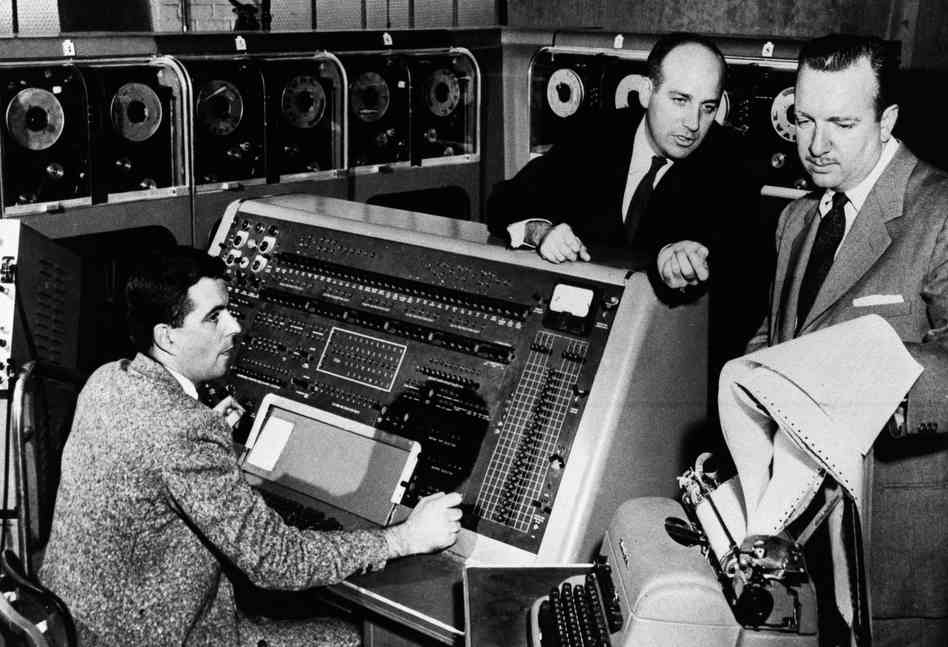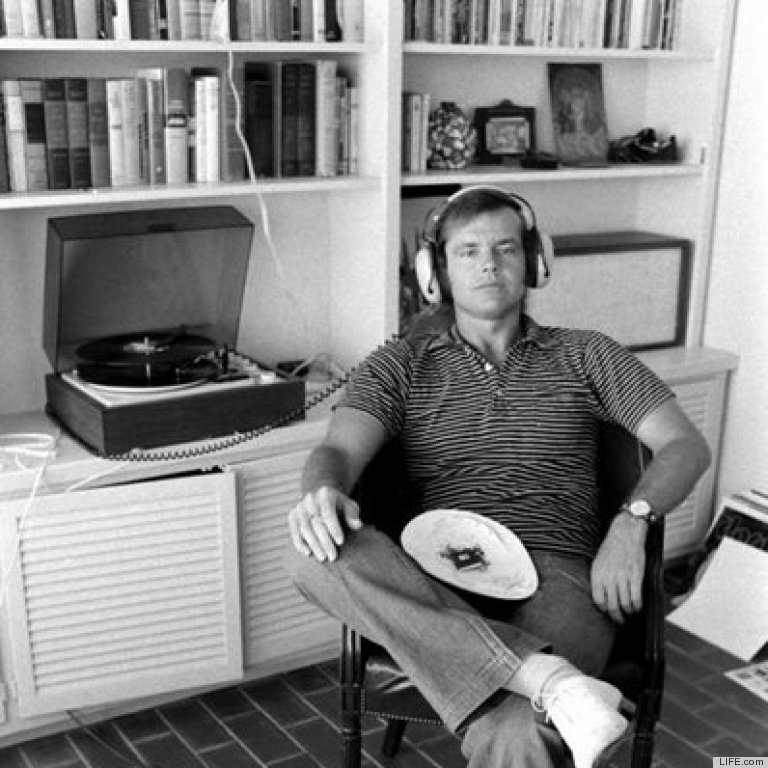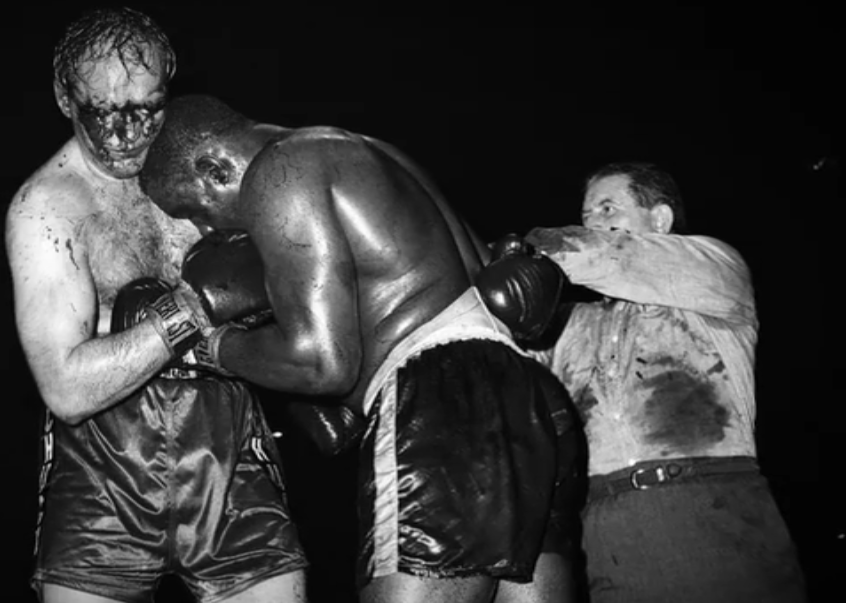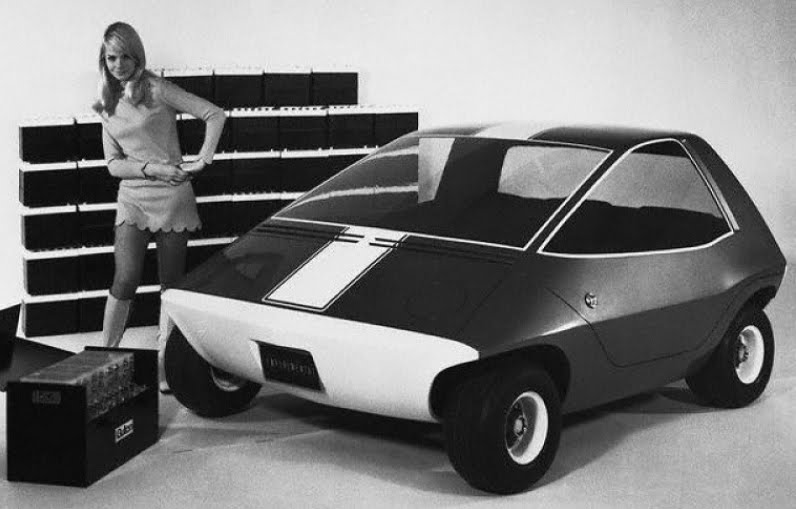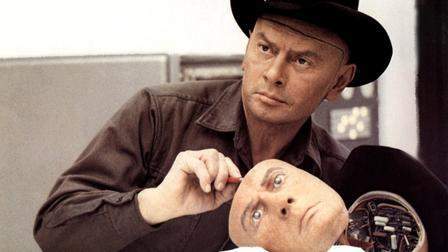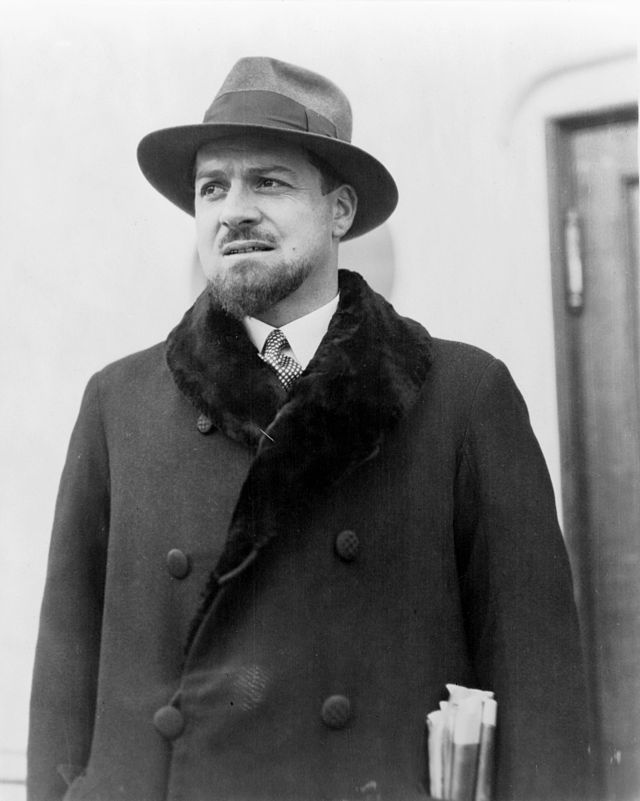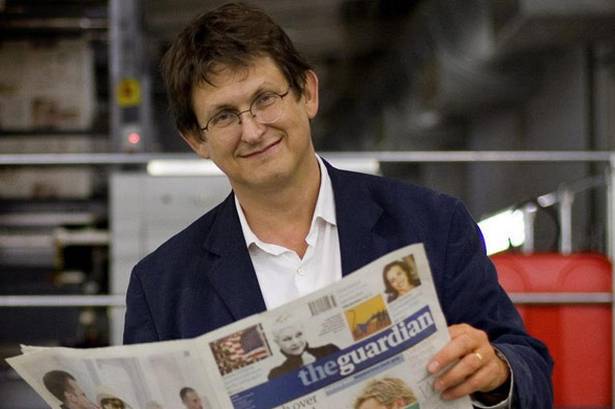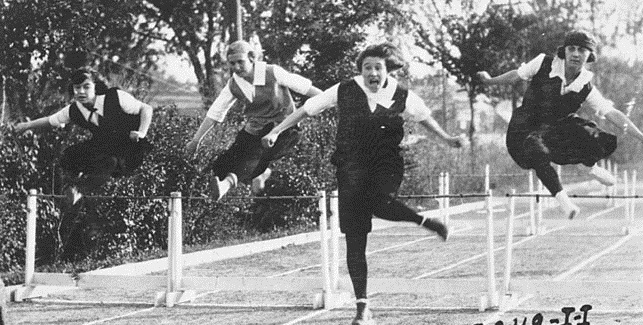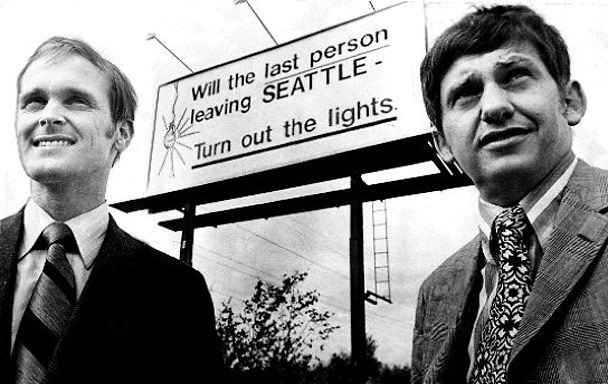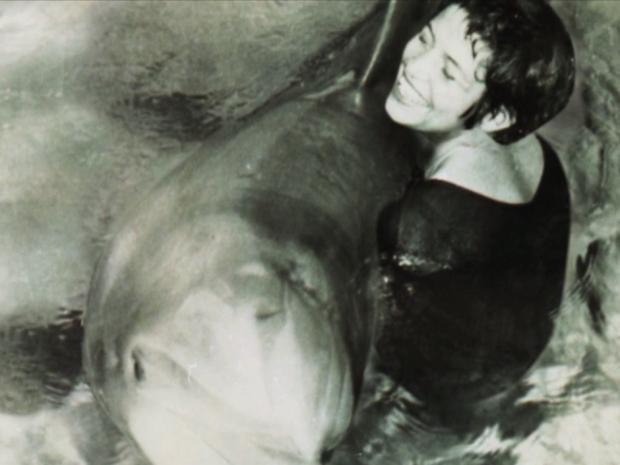
Before computers became our “second brains,” there were stage performers paid well for displaying astonishing feats of memory. Such was the career of a Horatio Alger-esque immigrant from a century ago, Felix Berol, who allegedly retained hundreds of thousands of fascinating facts and used them to wow vaudeville crowds and teach memory retention via correspondence courses. From an article about his sudden death in the April 20, 1914 Brooklyn Daily Eagle (which doesn’t mention that Berol had willed his brain to the Philadelphia Medical Association):
“Felix Berol, ‘the man with 300,00 facts in his head,’ who was conceded to be one of the world’s greatest memory training experts, died suddenly at 2 a.m. today at his home, 609 Fairview Avenue, Ridgewood Heights.
Mr. Berol and his wife and his niece, Miss Ellie Kosch, returned from Coney Island shortly after midnight, and after a late supper he retired. Shortly before he died he called to his wife and complained of feeling ill, and suddenly collapsed in her arms.
Although heart disease is supposed to have been the cause of death, an autopsy will be performed by a coroner’s physician this afternoon to determine exactly what he died from.
The news of Mr. Berol’s death came as a shock to the members of the Central and Bedford branches of the Young Men’s Christian Association, where only a week ago he gave the first of a series of nine lectures on memory training. He was to have given the second lecture of the course at the Bedford Branch tonight, and at the Central Branch tomorrow night. Unless some former pupil who completed the course at the West Side Branch of the Y.M.C.A. undertakes the lectures, the course may be abandoned.
Mr. Berol attended the dance of the Young Women’s Christian Association at the Central Branch on Schermerhorn Street last Saturday night, and was then apparently in the best of health. He danced several times, and didn’t appear to be the least bit fatigued when he departed for his home early Sunday morning. It was his boast that he had never been sick a day in his life, and he attributed his good health to the fact that he constantly exercised his mind.
In addition to lecturing at the Y.M.C.A. branches, Mr. Berol was conducting a correspondence course through Funk & Wagnalls, the publishers, and had 2,500 pupils.
Mr. Berol was born in Berlin, Germany, on February 1, 1872. He got an education in the public schools of Berlin and came to this country when a boy. His mind was sluggish and dull, and it was with the greatest difficulty that he could remember a fact. As a result, the best kind of job the young immigrant boy could land was washing dishes in a cheap restaurant.
One night, tired and sleepy, he sauntered into Cooper Union and picked up a book at random. It was Henry George’s Progress and Poverty, and, as he turned the pages, he was for the first time in his life interested in reading.
By reading Progress and Poverty, Berol’s whole career was changed. From then on, he thirsted for knowledge, and, realizing that his mentality was exceedingly dull and that he couldn’t remember anything he read, he started to hunt up books on memory. He haunted Cooper Union, the Astor Library and other libraries in his spare time, devouring everything pertaining to memory that he could lay his hands on. After months of hard work, he mastered the principles of the subject as laid down by teachers of memories. Within seven months he was able to perform astonishing feats of remembering and branched out in vaudeville as ‘Berol, the Mental Marvel, With 5,000 Facts in His Head.’ His success was instantaneous; he was booked as a headliner and commanded big salaries, which made a fortune for him.
At a big financial sacrifice, he abandoned the stage to devote his time to educational work in the teaching of his wonderful but simple memory training system.
Berol actually had 300,000 facts in his head, any one of which he could name in an instant. He could give exact dates of births and deaths of great men, the date of every battle in the history of the world, and the population of every city and town in the United States of more than 5,000, and thousands upon thousands of statistics.”•
Read also:


